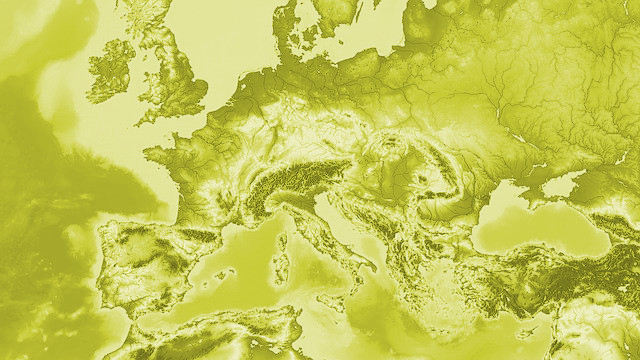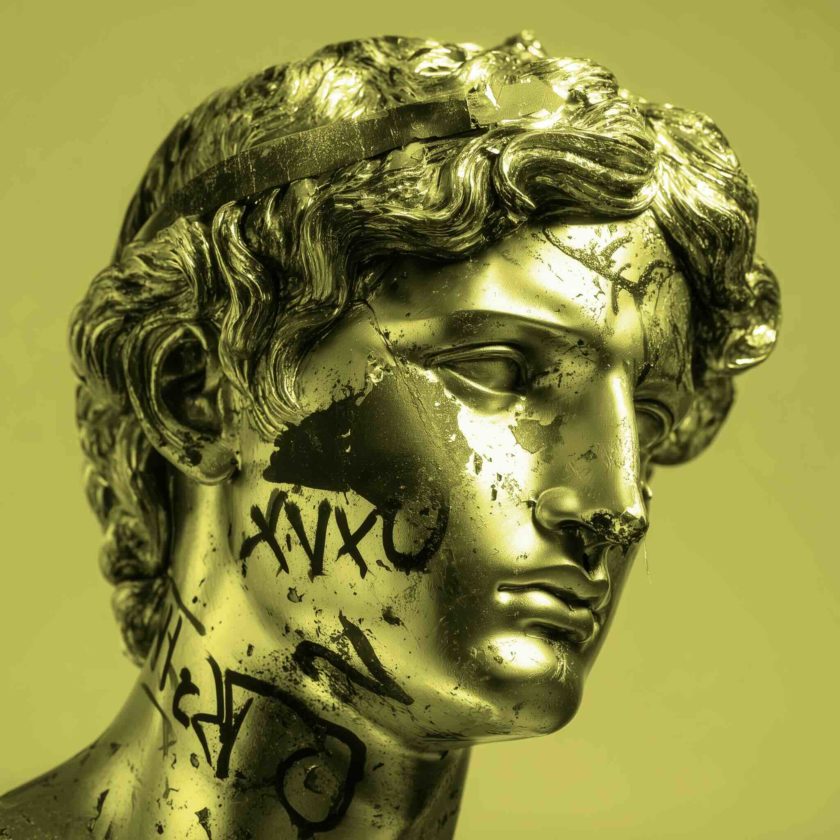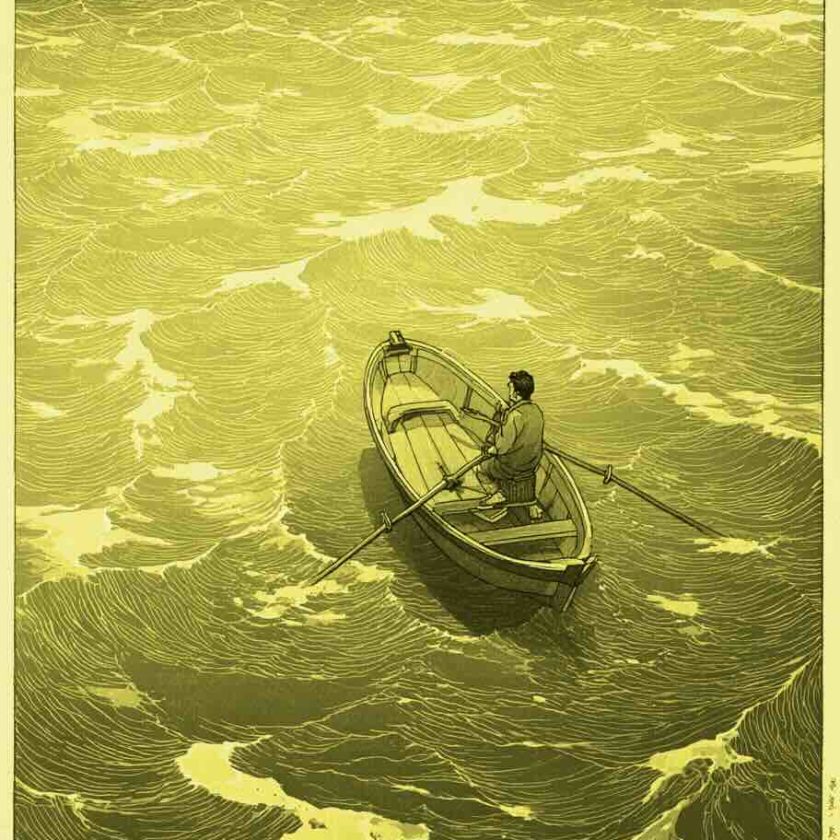A key to understanding the French political divide is to recognize that France and its culture are a tangled web of contradictory ideas grounded in the struggle between conflicting ideologies over the course of French history. To make sense of it all, one needs to understand two concepts : tribalism and universalism. These two conflicting principles lie at the heart of what it means to be French. [1]
Tribalism is a type of social organization that is grounded in tribal identity. Although often used in a derogatory way, this type of social organizational is grounded in the common human need to feel connected to a larger social group. At the heart of tribalism is a sense that the “tribe” is different from the rest of the world. The French sense of exclusivity manifests itself in various forms.
There are several definitions of universalism, but the most relevant to this discussion is the political universalism. In stark contrast to tribalism. universalism in politics is the claim that all human groups have a common nature.[2] It is grounded in the belief that beyond biological and cultural differences, there is a fundamental unity of the human race. It follows that all peoples must be represented in the conduct of world affairs.
French republican universalism views the Republic as a universal ideal. Its values of freedom, equality and fraternity, are intended to be adopted by all humans and to be applied uniformly. Accordingly, all forms of discrimination are to be rejected. The principles of freedom and equality can also be found in various international declarations of human rights, but they do not refer to republican universalism, but are open to cultural differences and the protection of minorities.
[1] See https://fr.wiktionary.org/wiki/francitude.
[2] See Pierre Touey, “toupies.org.”
France has been built over the centuries and the ideas it has generated have most often appeared to support a political order or a power in general .
Like any nation, French unity has materialized through tribalism which implies adherence to a base based on a genealogy and a common mythology . Secondly, cultural and linguistic references prevail. However, the political development of the kingdom of France has engendered the need to create a narrative that goes beyond cultural or linguistic references as the dominated peoples are different.
Indeed, the game of alliances in the era of feudalism made that a French king could be the lord of several vassals whose inhabitants of the fiefs shared neither the language nor the culture and even less the genealogy or the mythology.
This injunction for political unity meant that the Church played for a long time this role of binding: the power of kings was both earthly but also spiritual if they wanted to impose themselves on different peoples.
The Catholic religion had a preponderant political role by the very fact of its universalism. The lords associated themselves with the Church to govern a multitude of peoples.
However, this alliance between earthly and religious power was not obvious. One encroached on the other, the balance was difficult to maintain. These sovereignty problems notably led King Henry VIII to separate from Rome, it was not only because of his appetite for women.
Thus, Christian universalism and regional tribalism coexisted for many centuries in France, until another universalism came to challenge the first.
The wealth accumulated in the new world from the 16th century onwards means that, in the 18th century, a powerful and increasingly influential bourgeoisie is emerging all over Europe. This bourgeoisie is deprived of a political power which is always shared by the nobility and the clergy. The need to take political power forced the bourgeoisie to conceptualize a universalism as powerful as that hitherto proposed by the Church. It was necessary to prepare the spirits, slowly, but surely, then take power. Thus, the bourgeoisie could not create their own religion as did Henry VIII because it would have been heresy. It was necessary to propose a secular universalism .
This is why we witnessed a sacralization of reason and science which were very effective in contradicting the dominant religious discourses while having the advantage of proposing a sort of very subtle replacement: that of one obscurantist elite to another hence the claim to Enlightenment. The speech was unstoppable, it was only a few decades before two revolutions almost simultaneously broke out: the American and French Revolutions. We could also cite the Haitian Revolution which happened during the same period and whose dominant narrative was that of freedom, nevertheless we can say tribalism played a preponderant role and that in a certain way, it is victory from one tribalism to another that has operated.
Thus after the revolution, the French political elites were mainly secular or even anticlerical by necessity and therefore enlightened. We can say that the French Revolution is the establishment of a technocracy claiming universal values such as freedom, equality and fraternity – three Christian values that, in reality that have been monopolized.
The former military, notary and religious elite had no choice but to constitute themselves as a tribe among the survivors of the revolutionary massacres.
Thus, the present left is essentially revolutionary: it is the revolution that gave it power. The conservative right is essentially royalist and Christian althought it is less so than it used to be considering the strength of the dominant discourse of the French left and the cleavages it imposes.
The French identity is very political in essence for all the reasons indicated. This opposition of the right and the left explains why being French for one does not mean the same for the other. The French right is tribalist and it is satisfied with a genealogical and mythological discourse, which is the very proof of its atrophy. The left has won the ideological battle so far, which is why its claimed universalism allows for more inclusive Frenchness. These new French people are boosting their power.
In order to win, it must offer a stronger universalism than that which dominates today, so it can impose a new vision of what it means to be French.
References of toupie.org :
http://www.toupie.org/Dictionnaire/Universalisme.htm
L’auteur : Pierre Tourev (sauf si un autre nom est mentionné sur la page),
L’URL complète de la page dont le texte est extrait,
L’URL de la page d’accueil : http://www.toupie.org




